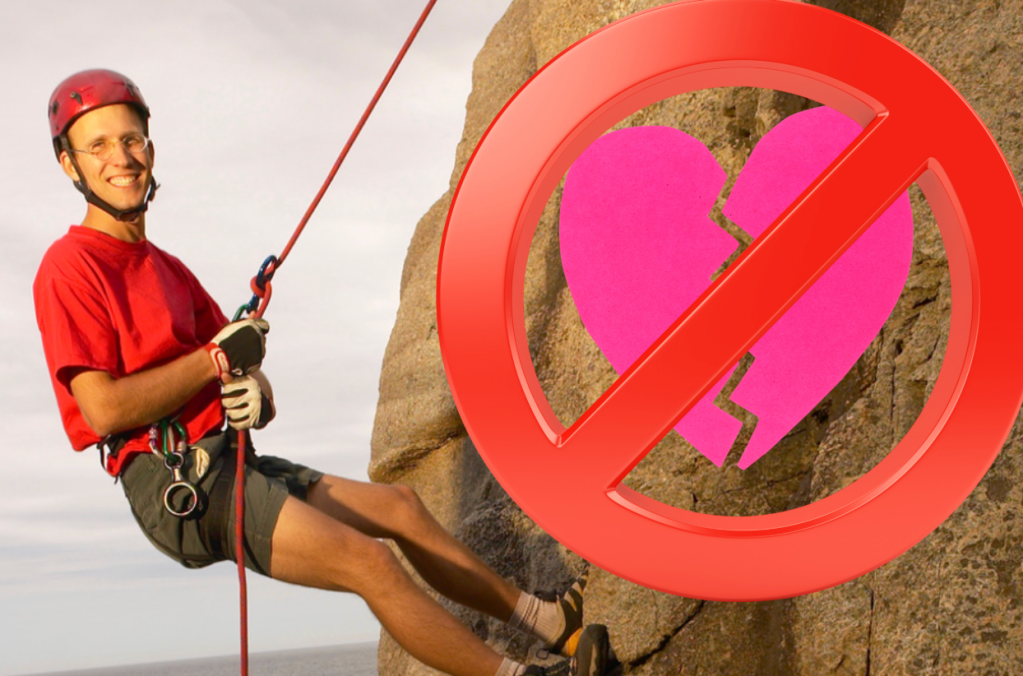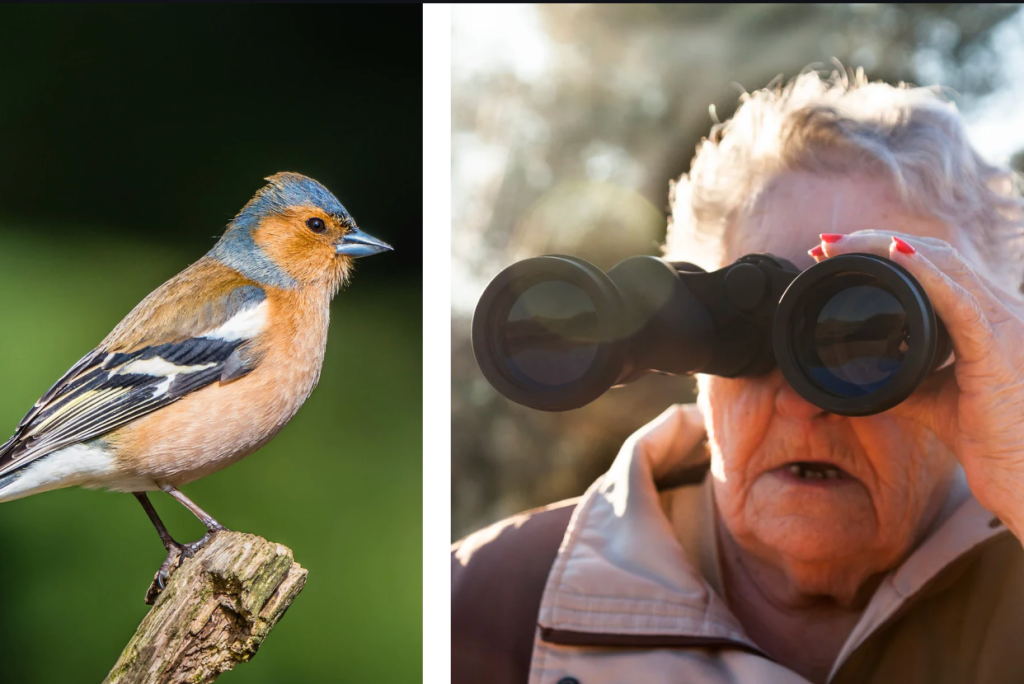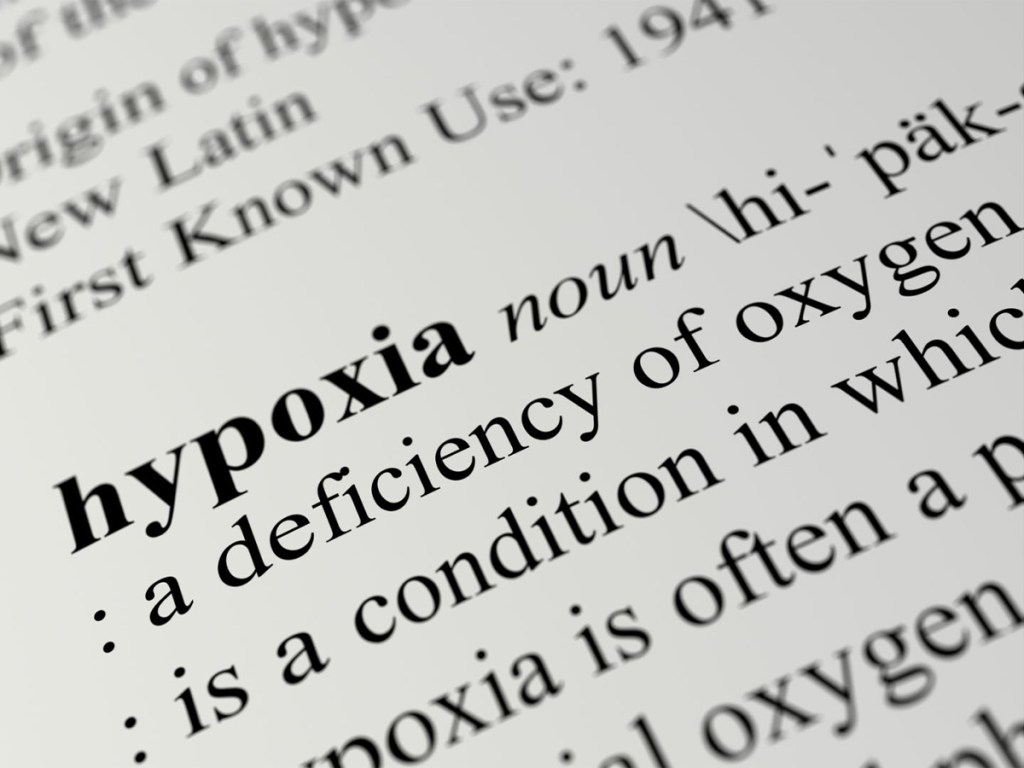There are a few undeniable facts of life: the sky is blue, water is wet, and breakups suck. Even if it’s for good, healthy reasons, breaking up can be incredibly heartbreaking and difficult. Because of how hard it can be to get over a broken relationship, professionals and everyday people have suggested several tips to help you move forward. However, there is one particular tip that many of the brokenhearted stand by.
People online suggest one way to get over a breakup is to do activities that you wanted to try or indulge in that your ex-partner wouldn’t do with you. This exercise can remind you what life can look like and be like post-relationship. It could remind you of a great pastime you once had or introduce you to a new interest that could help you form a new community.
In the Reddit subforum r/LifeProTips, folks shared the post-breakup activities that helped them experience life without their ex:
“My ex f**king hated lemon pepper chicken and was so ridiculously judgemental over people who enjoyed it,” wrote one commenter. “I eat lemon pepper chicken at least once every two weeks now. That sh*t slaps and I DON’T EVEN CARE ABOUT WHAT ANYONE’S GOTTA SAY.”
“My ex hated metal as a genre, so I never played it out loud at home,” mentioned another. “I didn’t realize how much I missed it until the first day she left our flat.
“I binge ate salads because my ex didn’t really eat anything that didn’t go from freezer to oven, and I went out to more social events,” wrote another person. “It was rewarding, helped me feel unstuck after a long, terrible relationship, and I got so much more confidence back.”
“I did this after my breakup. I went hiking, joined a pottery class, and even tried karaoke,” wrote another commenter. “Honestly, freedom never felt this good.”
While this seems to be helpful, is this behavior healthy? The experts that reached out to GOOD tend to agree that doing activities that your ex wouldn’t do with you can help a broken heart’s healing process.
“No matter if it’s to go out and dance, travel on a budget, sit at pubs and just read a book, or go shopping, by doing what you love but didn’t do because your ex didn’t enjoy it, you can rebuild the relation to yourself and get quality time out of the breakup quite short on,” says relationship therapist and author Sofie Roos. “It also helps to create new good memories, which gives you great energy and hope as well as beautiful moments that’s not connected to the ex-relationship, which of all are things that help you move on.”
“Loneliness is a major amplifier of post-breakup pain,” says licensed family and marriage therapist Daniel Moultrie. “This strategy directly attacks that isolation, reminding you that your support system is intact and vibrant.”
So, doing activities your ex wouldn’t participate in is healthy. However, the professionals warn that it may not be the end-all, be-all answer to remove the heartache.
“Doing activities that your ex wouldn’t do is a useful pursuit, but be prepared to feel a range of feelings associated with these new behaviors,” says clinical psychologist Dr. Molly Burrets. “They may bring you a sense of freedom, relief, and possibility—but they may also trigger feelings of sadness as you reflect on the fact that you’re building a new life that doesn’t include them.”
“It’s always important to know that advice like this is never the gospel and may not work for everyone,” added Moultrie. “A breakup is an individual process, and no advice is a one-size-fits-all solution.”
“As long as the activities you engage in are a part of your healing, rather than a way to avoid your feelings, they are likely to gradually help you feel aligned into your new chapter,” Dr. Burrets concluded.

















